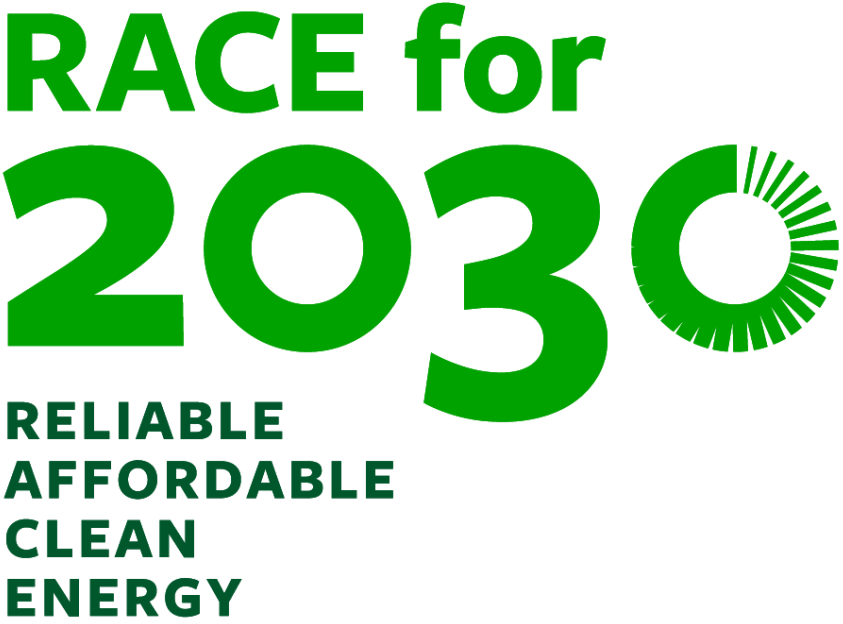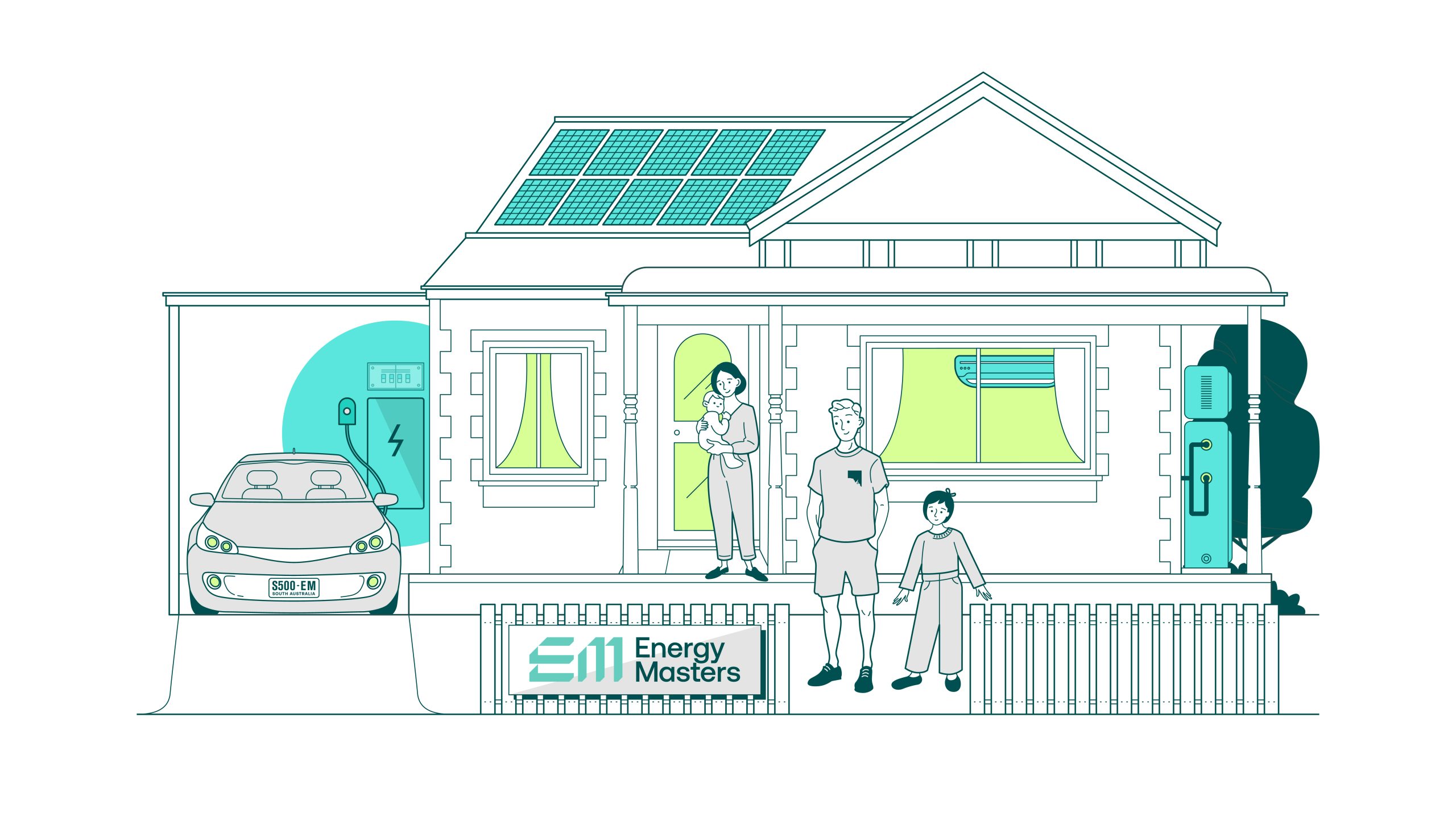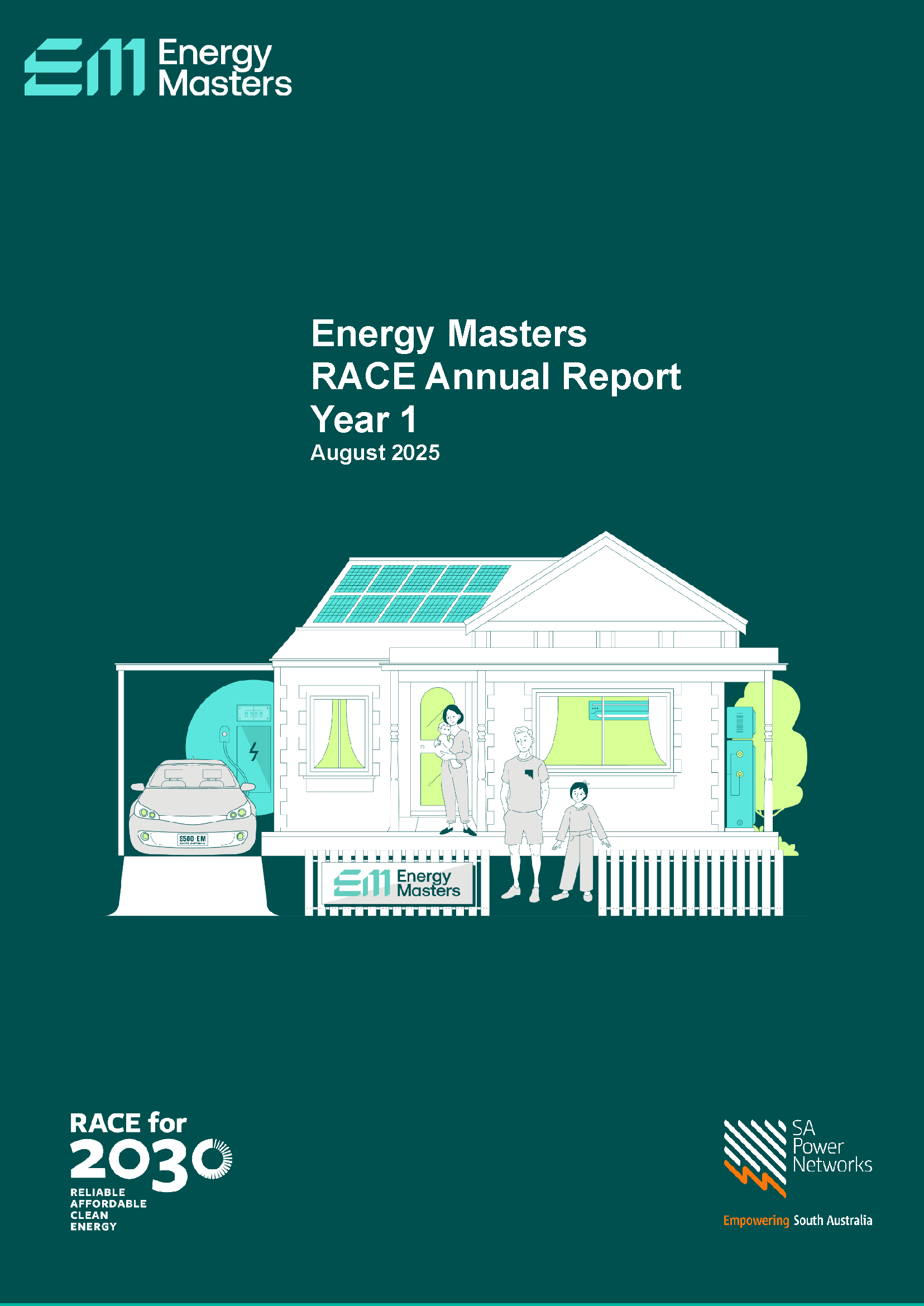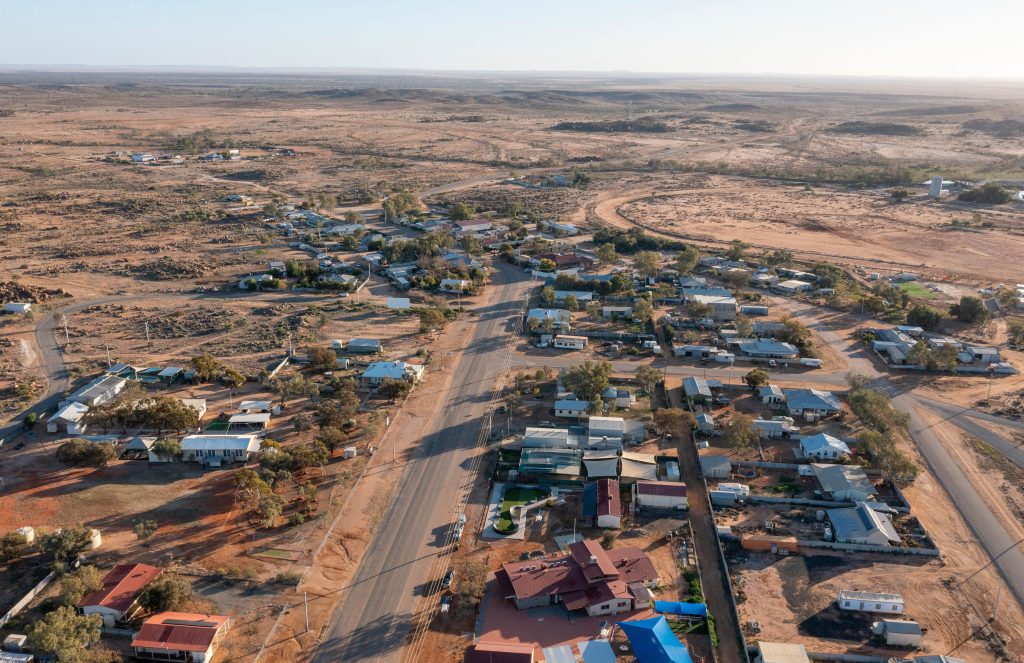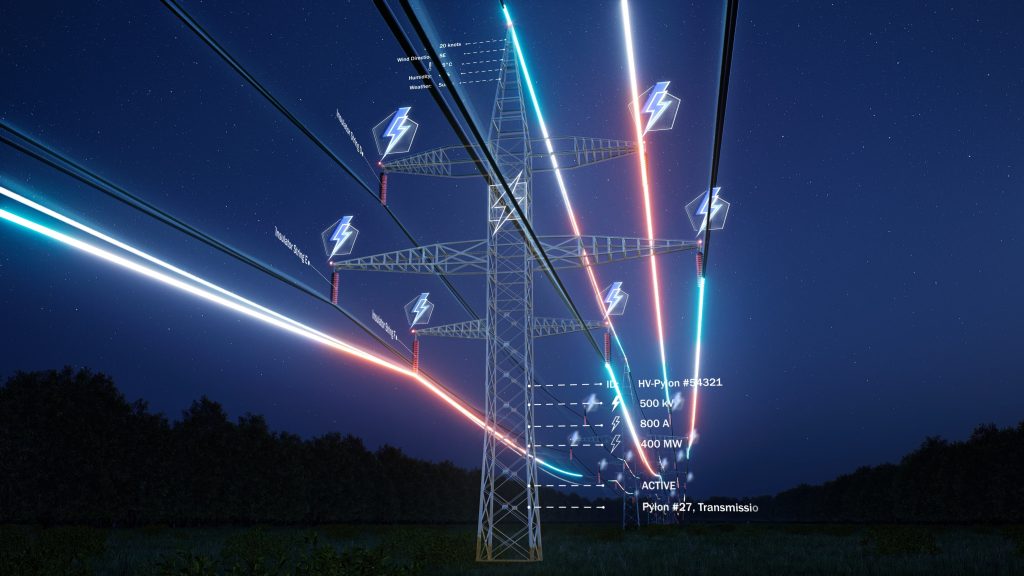Chief Investigators
Prof. Peter Pudney (Adelaide University)
Research Project Manager
Dr Kirrilie Rowe, Adelaide University
Purpose of project
Energy Masters is trialling smart, flexible energy management in 500 South Australian households to demonstrate the customer and industry benefits of demand flexibility and smart electric homes, and identify levers to support their deployment at scale.
Participating households receive a free home energy management system and access to appliance subsidies and energy plans that reward flexible energy use from partner electricity retailers. Subsidies are being provided for heat pump hot water systems, smart air-conditioning units, and smart electric vehicle chargers.
In return, households agree to, and participate in, research that aims to demonstrate the value of energy-smart households and a simple, reliable and cost-effective way for all South Australians to become masters of their energy use.
Australian households are progressively electrifying their homes by adopting electric vehicles and installing a range of electric appliances and Consumer Energy Resources (CER). This could result in South Australia’s distribution network carrying up to twice the amount of electricity by 2050 than it does today. If left unmanaged, this would significantly increase peak demand on the distribution network, driving a high level of investment in network upgrades.
New demand-side flexibility technology enables customers to better optimise their in-home energy use, while supporting the needs of the network at times of network constraint. By making use of the network’s existing capacity more flexibly, we can reduce the amount of additional generation, network and storage capacity needed to meet this growing demand. In turn, this will put downward pressure on energy prices for all customers.
Research
The research for Energy Masters is divided into 6 streams:
- Electrical Data Analysis
Focus: Quantify how household-level flexible demand technologies affect the electricity network.
- Measure the network impacts of new loads and how flexible demand can reduce or shift energy use.
- Compare the cost-effectiveness of using demand flexibility versus upgrading network infrastructure.
- Identify which technologies and customer behaviours offer the greatest value to the grid.
- Social Research with Households
Focus: Understand how households experience, adopt, and interact with flexible energy technologies.
- Explore motivations, barriers, and satisfaction with smart appliances and HEMS.
- Examine how social, financial, and practical factors affect decisions to electrify and engage with flexible demand.
- Investigate how household behaviour and understanding evolve over time, and how communication design influences uptake.
- Impacts on Grids and Households
Focus: Evaluate system wide- and household level outcomes from adopting flexible demand technologies.
- Identify potential savings and avoided network costs by shifting demand.
- Assesses alignment between household behaviour and desired grid outcomes.
- Investigate real-world challenges and opportunities for orchestrating flexible loads at scale.
4. Policy and Standards
Focus: Defines changes to governance frameworks required to support flexible energy systems.
- Identify policy, regulatory, and standards barriers to widespread adoption.
- Recommend changes to ensure customer protections and fairness.
- Support development of consistent national rules and technical requirements for flexible demand.
5. Industry Readiness
Focus: Evaluate supply chains, workforce, & business models for scaling flexible demand technologies.
- Assesses availability and cost of technology, and barriers in logistics or delivery.
- Identify skills gaps, training needs, and roles for tradespeople in informing customers.
- Evaluate what industry changes are needed to efficiently scale flexible demand technologies.
6. Knowledge Sharing
Focus: Inform broader industry, government, and community stakeholders with insights from the pilot.
Extensive knowledge sharing with industry is expected to support the widespread adoption of demand flexibility and HEMS, empowering households to shift their energy use to times when energy is cheaper and cleaner in ways that work for them and benefit many.
Impact of project
The project will determine how effective behaviour change interventions including energy offers and automatic control of appliances using HEMS can be at shifting demand, to reduce the need for distribution network augmentation and to reduce the cost of energy for households. It will also take an in-depth look at the factors that influence the acceptability and effectiveness of demand flexibility, including how much control is required.
The project will inform the development and deployment of systems that can help households shift their demand for electricity to match the available supply of cheaper renewable energy generated from variable sources such as wind and solar.
The project outcomes will be used by SA Power Networks and the Government of South Australia to determine how energy-smart homes could help to:
- avoid or delay electricity network build costs
- reduce the need and costs for new grid scale generation and storage
- improve electricity market efficiency
- improve the use of rooftop solar energy direct in the home
- reduce energy bills and emissions for all consumers
Partners – industry and research
Energy Masters is a project led by SA Power Networks, and supported by a partnership of trusted government and private organisations in the energy industry.
Project Lead: SA Power Networks
Household Engagement Partner: Government of South Australia, Department of Energy & Mining
Research Partner: RACE for 2030 (Adelaide University, University of New South Wales and University of Technology Sydney)
HEMS Technology Partner: Clipsal Cortex
Installation Partner: MAC Trade Services
Energy Retail Partners: Amber Electric and Energy Australia
Delivery Partner and Finance Provider: Plenti
The project has also received funding from the Australian Renewable Energy Agency (ARENA) as part of ARENA’s Advancing Renewables Program.
Published Report
Status
- In Progress
Additional reports
Completion Date
October 2027
Project Code
0534
